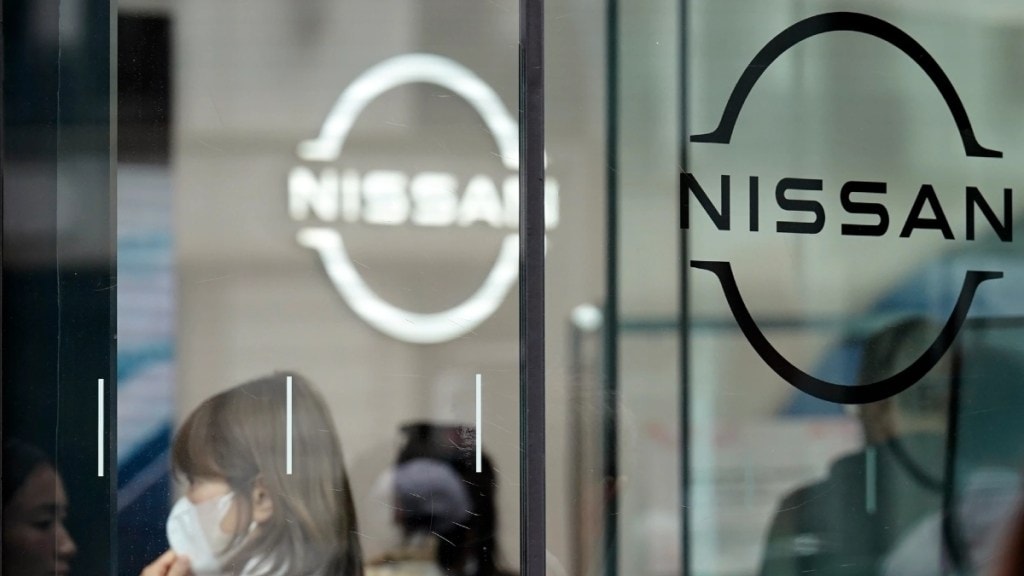Nissan Motor Company has started discussions with the workers’ union at its European regional office in France. These talks are part of a larger restructuring plan that may lead to job losses, according to a report by Reuters.
The discussions are taking place at Nissan Automotive Europe, based in Montigny-le-Bretonneux, France. This office has about 560 employees and also oversees operations in Africa, the Middle East, India, and Oceania.
Big changes are expected at this regional office, someone familiar with the matter told the news agency.
Voluntary resignations first, layoffs later
Nissan and the union have agreed to explore voluntary resignations before moving to any forced layoffs. The discussions are expected to wrap up by October 20, and employees will receive full details in November, the report mentioned.
Massimiliano Messina, Nissan’s regional vice chairperson, said in a recent email that no final decisions have been made yet. He also assured that the company is working carefully, transparently, and in line with legal rules throughout the process.
Major restructuring under new CEO
Nissan’s new CEO, Ivan Espinosa, who took charge in April, has announced a major global overhaul. The plan includes cutting 15% of the company’s workforce, reducing production capacity by nearly 30% and closing several manufacturing sites, shrinking the number from 17 to 10.
The company has been struggling with falling sales in big markets like China and the US. These problems have been made worse by Nissan’s earlier aggressive expansion strategy. Through this restructuring, Nissan aims to save around 500 billion yen (about $3.4 billion), as per the report.
As part of these changes, Nissan has announced it will stop making cars at its Civac plant in Mexico by March next year. It also plans to end car production at the Oppama plant in Japan by March 2028 and at the Shonan factory (operated by Nissan-Shatai) by March 2027.
Over half of staff based in Europe
Nissan employs around 19,000 people across Europe, Africa, the Middle East, India and Oceania. A diversity report from October 2024 shows that almost 60% of them are based in Europe.
